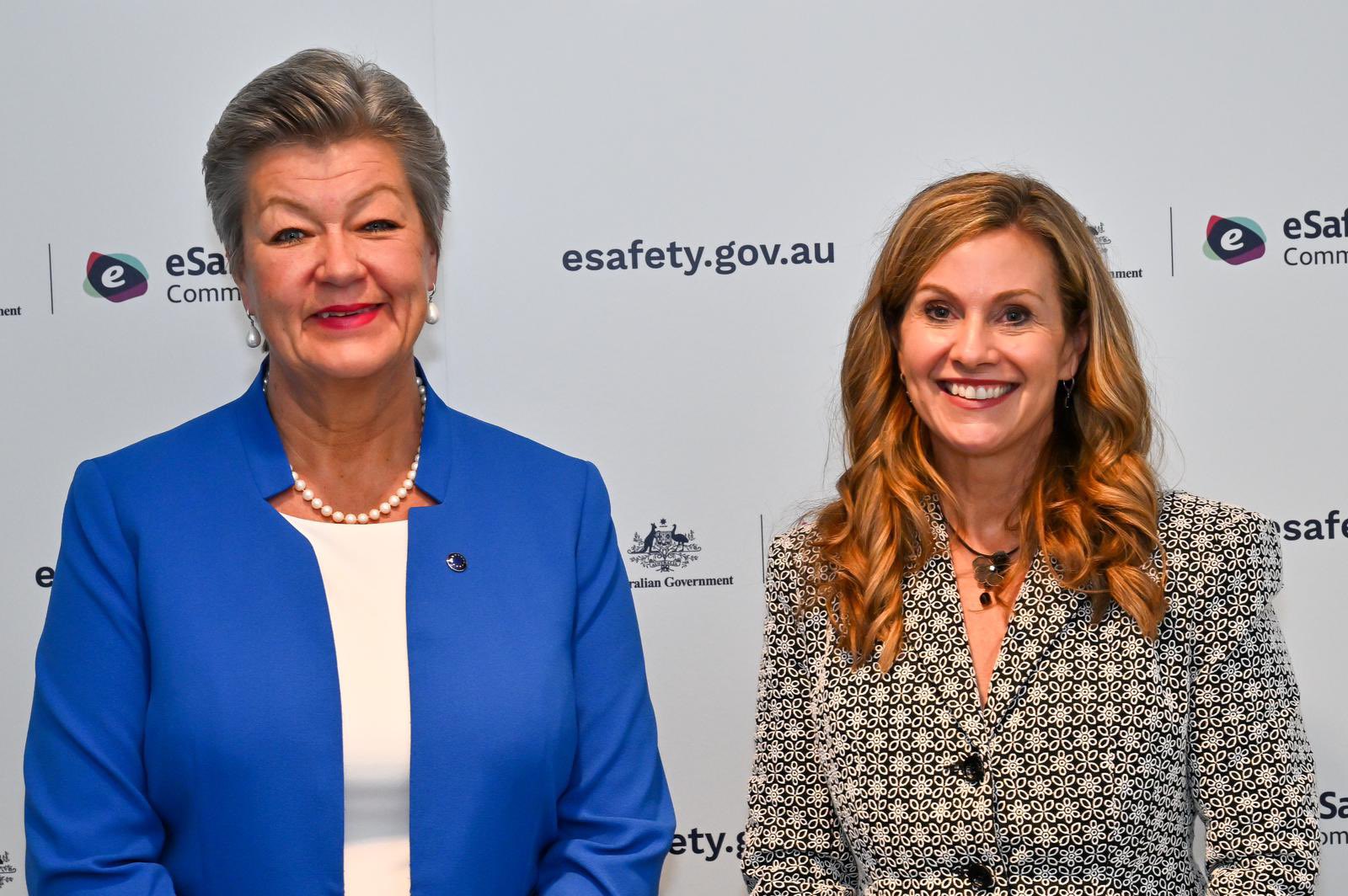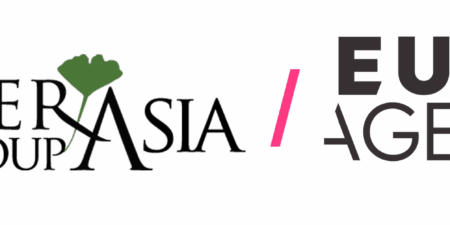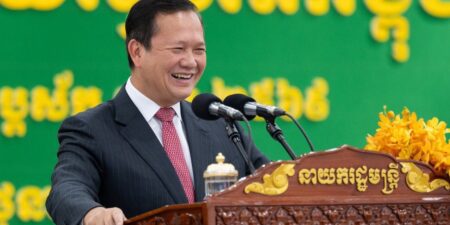
Australia’s Election Season Sees Big Tech Targeted on Multiple Front

Insights & News


Philippines Revises Growth Targets Amid Global and Domestic Developments
Context Significance Implications We will continue to keep you updated on developments in the Philippines …

BowerGroupAsia and Euros / Agency Group Forge Strategic Alliance
BowerGroupAsia (BGA), a leading government and business advisory firm operating across the Indo-Pacific, and Euros …

Cambodia Bans Thai Fuel Imports Amid Escalating Tensions
The BGA Cambodia team, led by Managing Director Bora Chhay, wrote an update to clients …
At BowerGroupAsia, we are committed to
delivering result-oriented solutions for our clients
We have proven track record of helping the world’s top companies seize opportunities and manage challenges across the dynamic Indo-Pacific region.




















